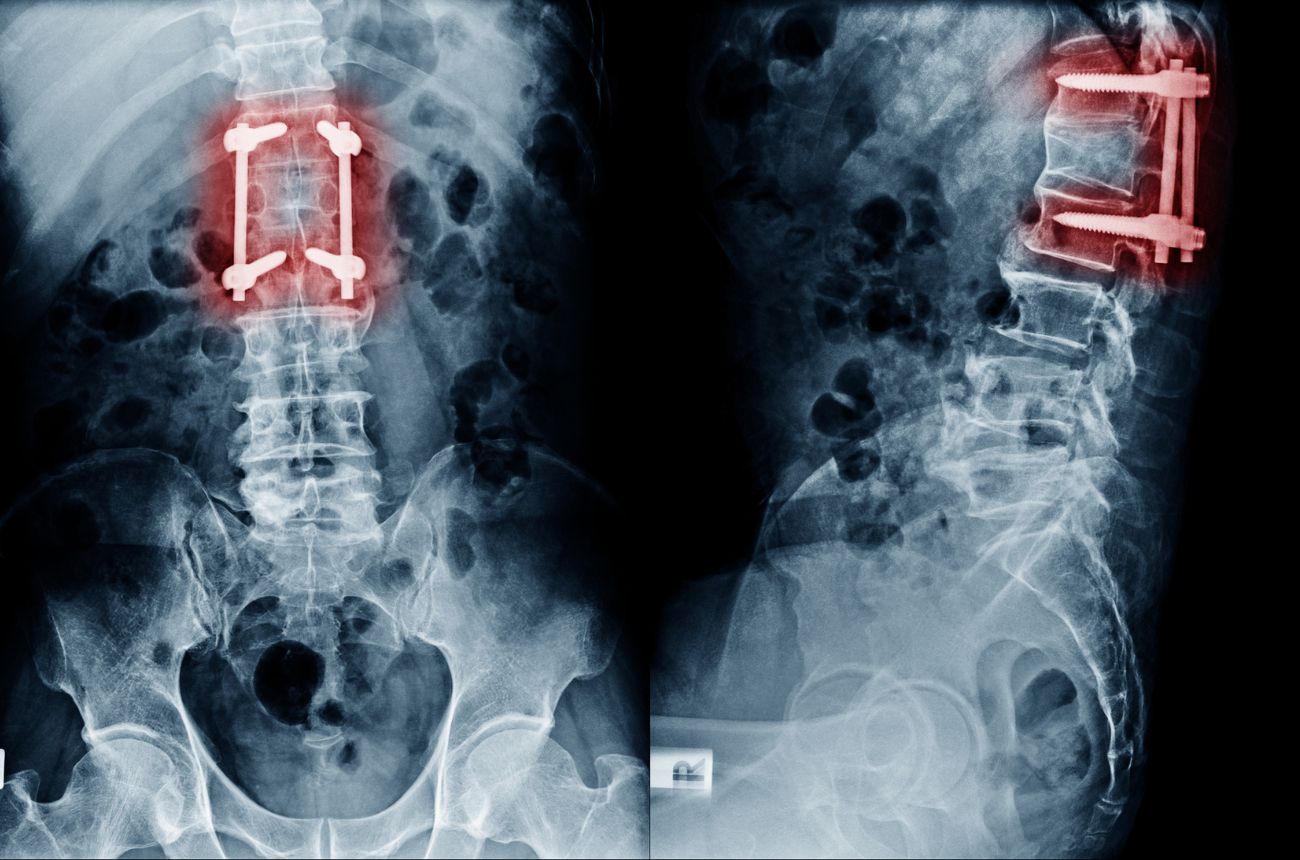Degenerative Joint Disease (DJD), also known as osteoarthritis, is a common condition that affects millions of people worldwide. It occurs when the cartilage that cushions the joints wears down over time, leading to pain, stiffness, and reduced mobility. This condition most commonly affects the knees, hips, hands, and spine, but it can impact any joint in the body.
What Causes Degenerative Joint Disease?
DJD is primarily caused by the wear and tear of cartilage due to aging. However, other factors can contribute to its development, including:
- Genetics: A family history of osteoarthritis increases your risk.
- Injury: Previous joint injuries can lead to the early onset of DJD.
- Obesity: Excess weight places additional stress on joints, particularly the knees and hips.
- Overuse: Repetitive movements, especially in certain occupations or sports, can accelerate cartilage breakdown.
Symptoms of Degenerative Joint Disease
The symptoms of DJD can vary depending on the severity of the condition and the joint affected. Common symptoms include:
- Pain: Aching or sharp pain during or after movement.
- Stiffness: Joints may feel stiff, especially in the morning or after periods of inactivity.
- Swelling: Affected joints may swell due to inflammation.
- Loss of Flexibility: Reduced range of motion in the affected joint.
- Grinding Sensation: You may hear or feel a grating sensation when moving the joint.
What Can You Do About It?
While there’s no cure for DJD, there are several ways to manage the symptoms and maintain joint function:
- Exercise: Regular, low-impact exercise like walking, swimming, or cycling can help strengthen the muscles around the joints, reduce stiffness, and improve overall joint health.
- Weight Management: Maintaining a healthy weight reduces the stress on your joints, especially the weight-bearing ones like your knees and hips.
- Physical Therapy: A physical therapist can design a customised exercise program to help you maintain flexibility, strength, and balance.
- Medication: Over-the-counter pain relievers like acetaminophen or nonsteroidal anti-inflammatory drugs (NSAIDs) can help manage pain and inflammation. In some cases, your doctor may recommend prescription medications or injections.
- Chiropractic Care: Chiropractic adjustments can help manage pain and improve joint function by addressing misalignments and promoting better body mechanics.
- Surgery: In severe cases, surgical options like joint replacement may be considered to relieve pain and restore function.
Conclusion
Degenerative Joint Disease is a chronic condition that can significantly impact your quality of life. However, with the right management strategies, you can maintain your mobility and reduce pain. If you’re struggling with joint pain or stiffness, it’s important to seek professional advice to develop a treatment plan that’s right for you.
If you suspect you might be experiencing symptoms of DJD or want to learn more about managing joint health, don’t hesitate to reach out to us at Total Health Chiropractic. We’re here to help you live a life with less pain and more movement.

